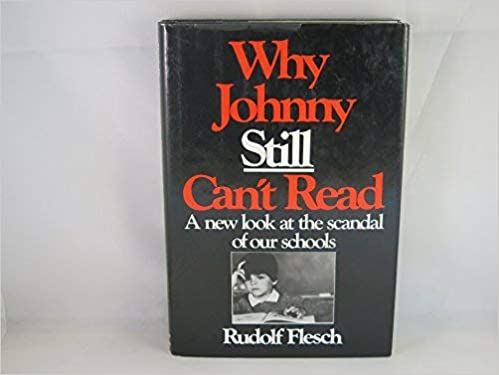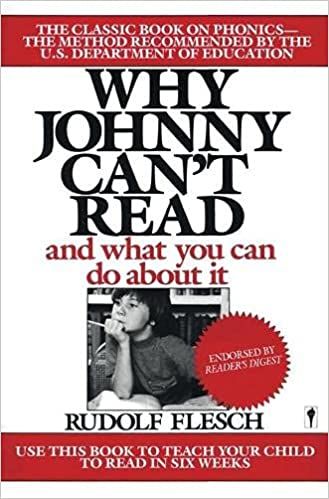The Deliberate Dumbing Down of America: A Chronological Paper Trail
If you are curious about how school curriculums came to be structured in a manner that puts the population of America in an intellectual slumber, this text is a must-read. The Deliberate Dumbing Down of America: A Chronological Paper Trail gives a very thoroughly documented history of the education system from the late 1800s to 1999.
Written by whistleblower Charlotte Iserbyt, a former official at the Department of Education during the years 1981-1982 of the Reagan administration, The Deliberate Dumbing Down of America exposes the people, government organizations, corporations and domestic and foreign groups that orchestrated this elaborate but purpose-driven plan to ruin the education system through the years. One of the main premises of this plan was to draw it out very gradually so the American people aren’t likely to notice.
In the book, Iserbyt gives shocking details, gathered from her time in the Department of Education as well as the comprehensive research she did afterwards on her discoveries, which will open your eyes to this elusive plan. She shows why and how students are lacking the reading and math skills that allow them to think independently, and are instead being taught peripheral content that government entities, special interest groups and corporations want them to know. This book will also help you gain a better understanding of the true intentions politicians have when they are passing education reform legislation.
Based on the stark facts revealed in the paper trail that makes up The Deliberate Dumbing Down of America, it seems that a pure education has become a near-impossibility in America. Originally published in 1999, the book was updated in 2011 with an important 16-page addition.
About the Author
Charlotte Thomson Iserbyt is a freelance writer and education professional and activist. She served as a school board director in Maine and co-founded Guardians of Education for Maine, an educational activism group. She served as Senior Policy Advisor in the Office of Educational Research and Improvement (OERI), U.S. Department of Education, during the first Reagan Administration, where she first blew the whistle on a major technology initiative which would manipulate curriculum in America’s classrooms.
Iserbyt also served in the American Red Cross overseas during the Korean War. She has written articles that were published in Human Events, The Washington Times, The Bangor Daily News, and she has participated in Congressional hearings. Some of her other publications that exposed the Soviet and Communist doctrine infiltrating our classrooms include the 1985 booklet Back to Basics Reform or OBE: Skinnerian International Curriculum and the 1989 pamphlet Soviets in the Classroom: America’s Latest Education Fad. She was born in 1930 in Brooklyn, New York and died on February 8, 2022. Sons of Liberty did a remarkable tribute to her work following her death, the video can be viewed here.
Reviews
David Risselada, Author of “Not On My Watch” and “Psychopolitics in America: A Nation Under Conquest”:
“I have been reading and researching Iserbyt’s book Deliberate Dumbing Down of America for a while now. I was in a social work education program where I was told I wasn’t fit for the program because I opposed the notions of social justice and white privilege. This is when I found Iserbyt’s work. I have written two books myself and blog continuously on the dangers we face concerning operant conditioning and other change methods. In fact, a link to DDD is on my page as well as New Lies For Old and other essential reading. Thanks for what you do. It is definitely appreciated and there are those of us out here fighting the good fight.”




